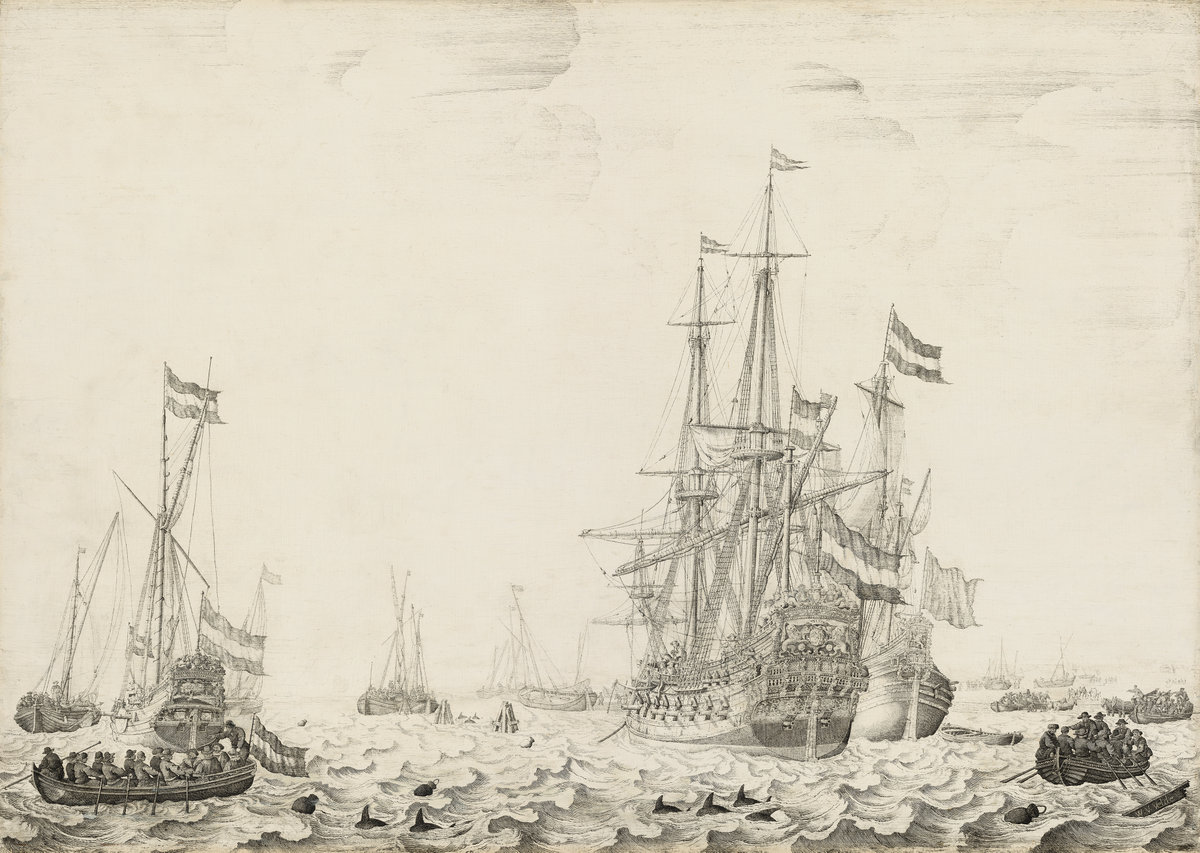
Georgetown professor Charles King writes in the Monkey Cage that the social inertia of Novorossiya, the break-away proto-state in eastern Ukraine, will make it difficult to reintegrate the region. Reporter and photographer Tim Judah has a series of poignant photographs of the destruction wrought by the conflict in eastern Ukraine.
In light of recent events in Lesotho, Naunihal Singh writes that even in countries with strong preferences for democracy, coups are still possible because of their elite-driven nature.
David Rothkopf writes on how future American military engagements in the Middle East have become not just conceivable, but thoroughly expected. Also writing in Foreign Policy, Micah Zenko argues the US’ counterterrorism policies have basically always failed to achieve their stated objectives, and air strikes against ISIS will prove no different. Joshua Landis agrees, noting that without a reliable partner on the ground in Syria, Obama is copying Israel’s “mowing the grass” strategy. One country to the east, it seems that even if Iraqi politicians attempt to create a more inclusive state, they’ll face significant resistance from hardline Shia militias. The enemy of these militas, ISIS, has attempted to portray itself as a return to ancient Islam, but it is a thoroughly modern movement. One manifestation of ISIS’ contradictory principals is the circulation of beheading videos, which Jill Sargent Russell argues have had an undue impact on American foreign policy. Finally, Matthew Barber, who has been on the ground in Iraqi Kurdistan, argues that very limited airstrikes could save thousands of enslaved Yazidi women and girls.
Armed groups from Sudan to Cameroon, often with cross-border links to each other, are using poaching to fund their activities. One of the countries affected is the Central African Republic, where its UN peacekeeping mission MINUSCA faces enormous challenges. A bit farther to the West, a military analysis of Nigeria shows the state is unprepared for a major Boko Haram assault.
In War on the Rocks, Robert Goldich argues that there is a misguided focus on civilian casualties, and moral indignation prevents conversations from happening on the true nature of war.






